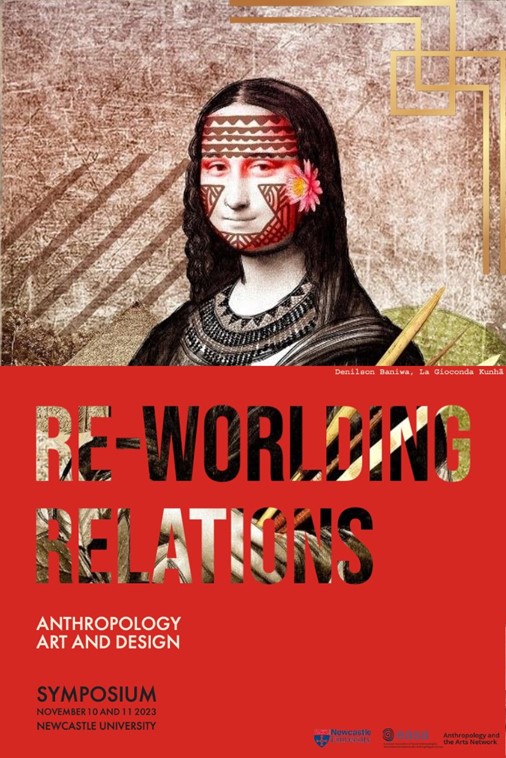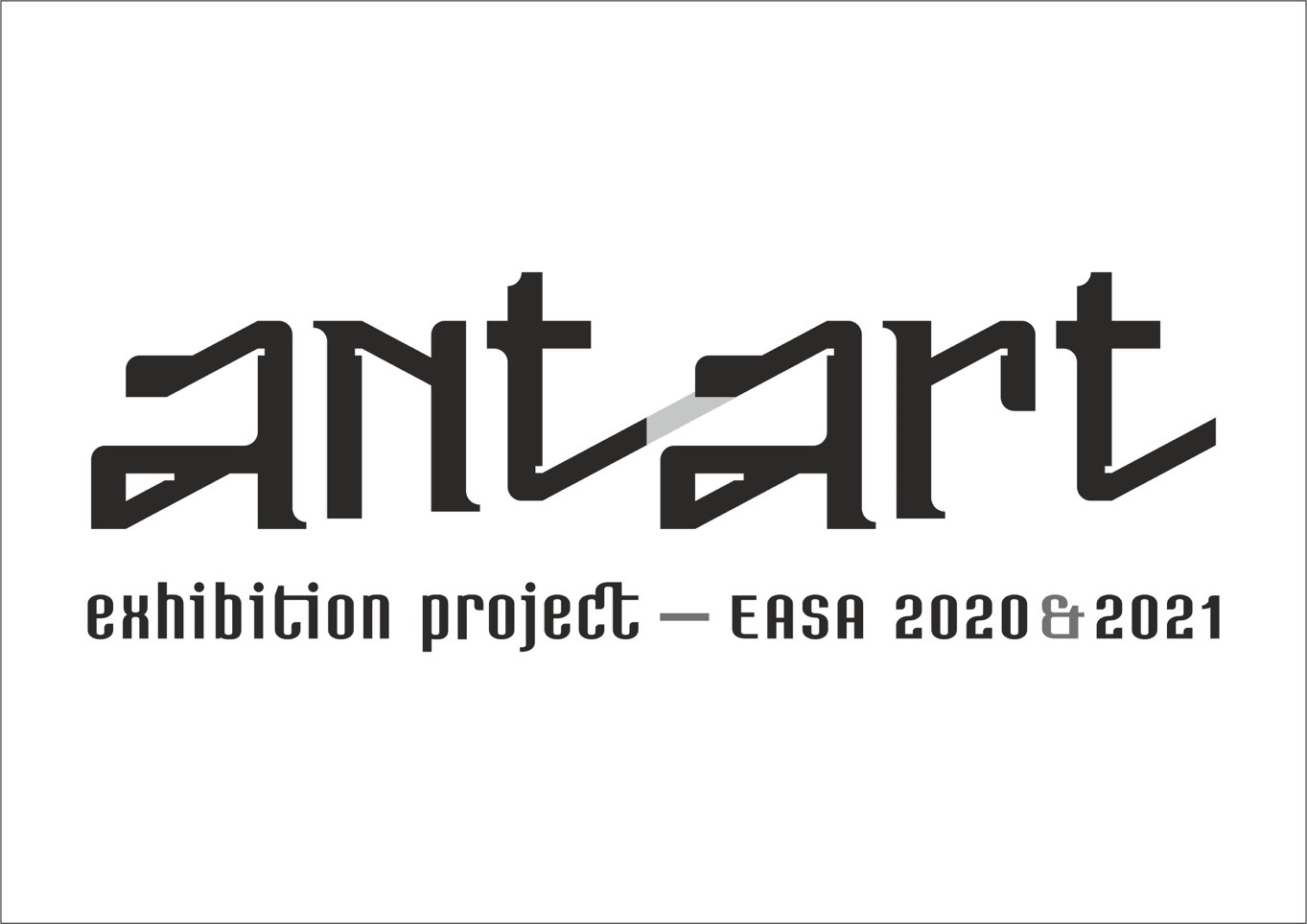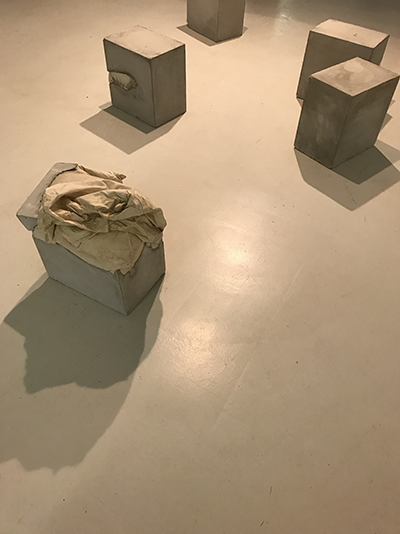Anthropology and the Arts Network (ANTART)
Network rationale
The objective of the ANTART Network is to advance the scholarship, discussion, and presence of anthropological approaches to the arts. It also seeks to build on its existing network of scholars, artists, and institutions to continue its exchanges with alternative cultural production venues in future EASA locations, thus building links between the university and other public or civil society initiatives. The Anthropology and the Arts network aims to attract researchers working in the arts including but also beyond visual media, including the performative arts, music and sound, theatre, design, architecture, etc. This vast field of research is blooming, but currently underrepresented in EASA. The ANTART network does not contrast other networks, but rather complements them. We are therefore also interested in facilitating cross-over discussions and memberships with other networks in EASA.
Upcoming workshop at EASA2024 in Barcelona
 Flipping the Coin: Anthropology, art, and the potential of ideas in circulation
Flipping the Coin: Anthropology, art, and the potential of ideas in circulation
MACBA: Aula 0 - Wednesday, July 24, 7:30 pm
Led by María Inés Plaza Lazo, Founder of Arts of the Working Class, María Berrios, Director of Curatorial Programmes and Research at MACBA, and artist Michael Hart together with the ANTART convenors, this workshop invites participants to consider the terminologies and methodologies of their academic research to the end of entering into dialogue with research practice beyond the academy. What would that look like? How might we flip the coin to consider an anthropological and curatorial revision of art into meanings and systems from the streets? Arts of the Working Class is a multi-lingual street journal on poverty and wealth, art and society. Published every two months, street sellers earn money directly and vendors keep 100% of their sales. As a medium and platform, the newspaper creates special and sustainable connections between artists, workers, academics, urbanists, cultural and social institutions from different countries and languages and the most vulnerable members of society; those deeply affected by extreme poverty and disabled of participating of the kind of agency given to groups and individuals in the safe space of the academic field. This pursuit not only creates new ways of communicating and behaving around and through art, but also of direct redistribution and more sustainable dissemination of cultural capital: being space –material, immaterial– for participation in content production, discussion and dissemination. Moderated by AWC, the workshop proposes ways to do and undo research in a manner which constructs dialogue with people informally working on the streets of Barcelona.
Upcoming panel at EASA2024 in Barcelona
P245: Reconfiguring and expanding practices: Anthropology and the curatorial
This panel differentiates between curating as a tool and the curatorial as an expanded practice that includes knowledge production, writing, spatiality, institutional mediation, and pedagogy. How might the curatorial propose a reconfiguration of an anthropological project contextualised by crisis?
Recent Network workshop
 Re-worlding relations: Anthropology, art, and design
Re-worlding relations: Anthropology, art, and design
November 10-11, 2023, Newcastle University
Guest speakers:
Professor Barbara Glowczewski (Anthropologist, French National Scientific Research Center, CNRS)
Professor Anna Maria Guasch (Art Historian, University of Barcelona)
You can read more about this on our Events page.
ANTART Convening Teams
2022-2024
Giuliana Borea (Newcastle University, UK and Pontificia Universidad Católica del Perú)
Francesca Cozzolino (EnsadLab, EnsAD, Paris / Lesc, Université Paris Nanterre)
Alex Ungprateeb Flynn (University of California, Los Angeles)
Together with Kiven Strohm (National University of Singapore) August 2022 – November 2023.
2020-2022
Jennifer Clarke (Grays School of Art, Scotland)
Maxime Le Calvé (Humboldt-Universität zu Berlin, Germany)
Together with Anna Laine (Sweden) January 2020 – August 2020.
2017-2020
Founding Convenors
Roger Sansi (Barcelona)
Jonas Tinius (Berlin)
Background 2012-2019
The first discussions to form this network took place at the EASA conference in Paris in 2012, but back then, after some debate, we decided to restrict the network to an interest group within VANEASA. At the next EASA in Tallin in 2014, this interest group convened a Lab (L200 Anthropologies of Art) to generate a group discussion around shared objectives. A central theme that emerged was the uncertainty and diversity around the processes of collaboration between Art and Anthropology. The next workshop, Encountering Concepts in Art and Anthropology, took place at the Universitat de Barcelona, Spain from 11-12 June 2015. The concepts discussed were: “method/work”, “research”, “creativity”, “participation/exclusion”, “institutions” and “archives. A full report on the workshop can be found here ![]() . Following the workshop, we created an open dictionary where the discussion on these concepts will continue.
. Following the workshop, we created an open dictionary where the discussion on these concepts will continue.
During the EASA 2016 conference in Milan, an interest group meeting with about thirty participants took place, discussing the future of the group as a Network, which concluded that Roger Sansi and Jonas Tinius would apply for network status within EASA..
The first ANTART network panel entitled ‘Art and Nativism’ (P098) took place during the 2018 EASA conference in Stockholm, which also supported a range of experimental labs and other related panels. In 2019, the ANTART network held its first interim meeting (The Trouble with Art. Philistinism, Iconoclasm, and Scepticism of Art in Anthropology) organised by the founding convenors, and held at the Centre for Anthropological Research on Museums and Heritage (CARMAH), Humboldt-Universität zu Berlin. The papers from this meeting are the basis for a volume edited by Jonas Tinius and Roger Sansi (2023) with contributions by George Marcus, Liz Hallam, and other network members.
Following EASA regulations, the network collectively agreed on two new convening teams 2020-2022, and also provisionally for 2022-2024.








